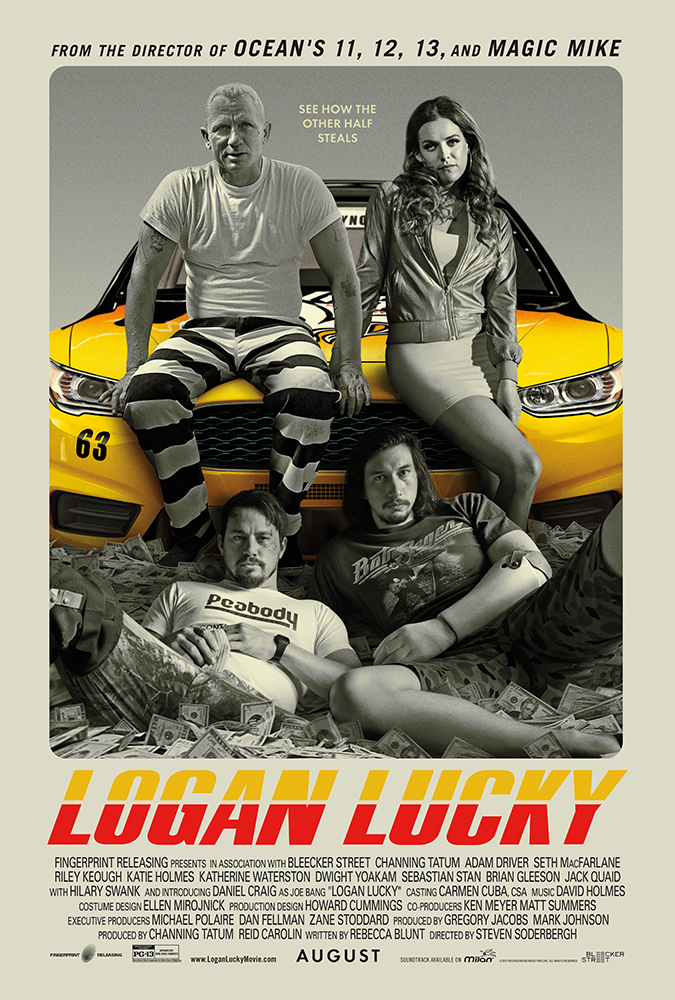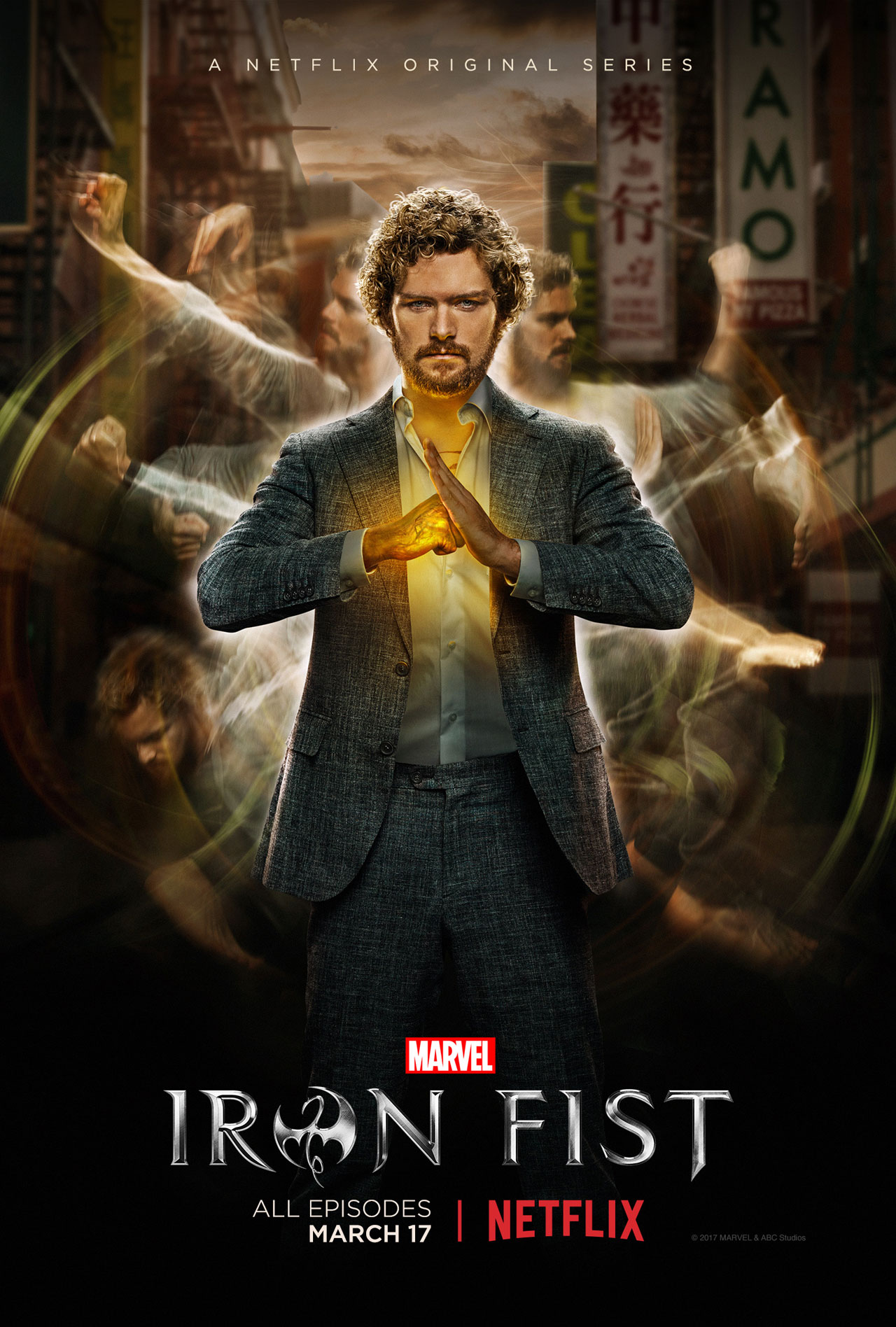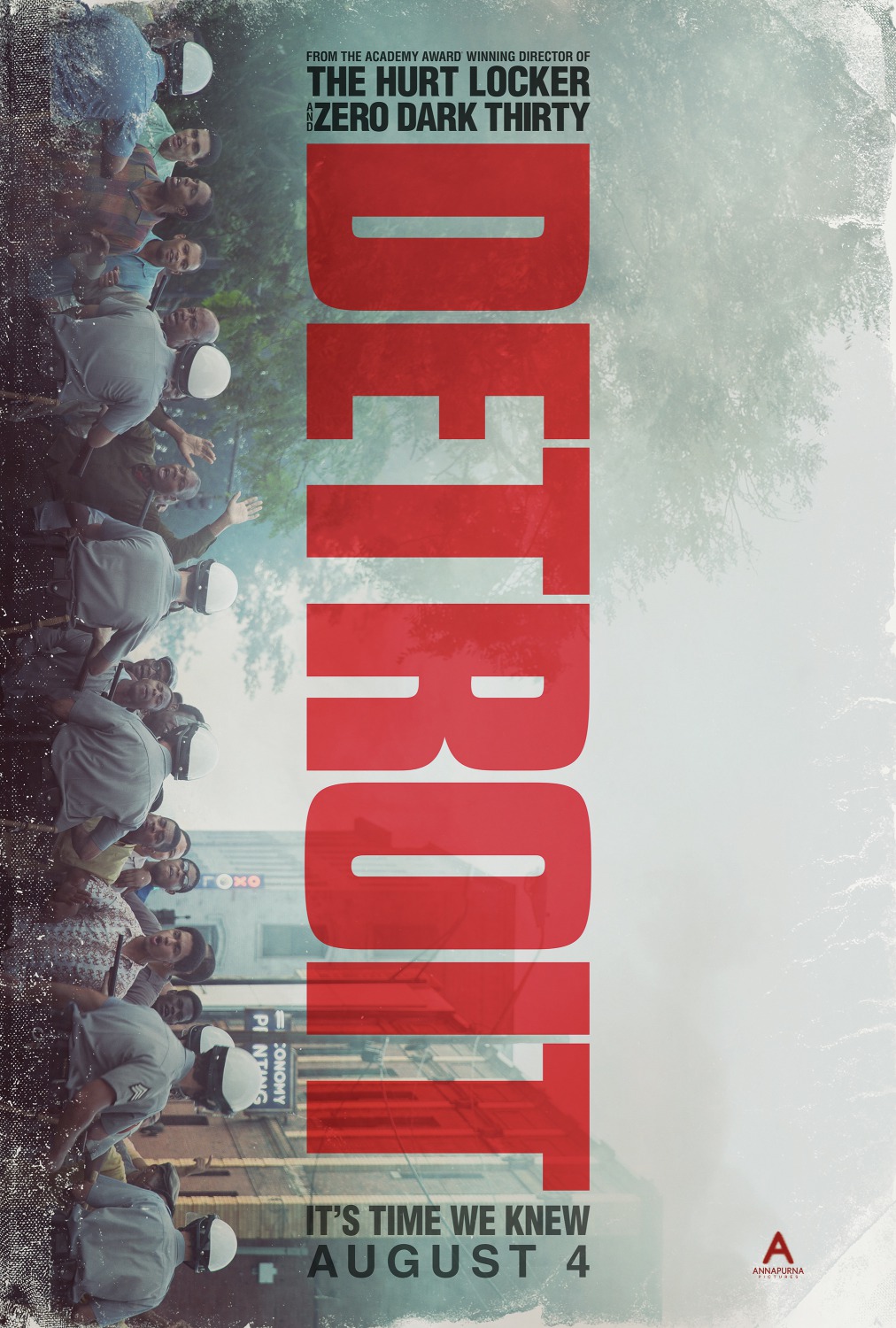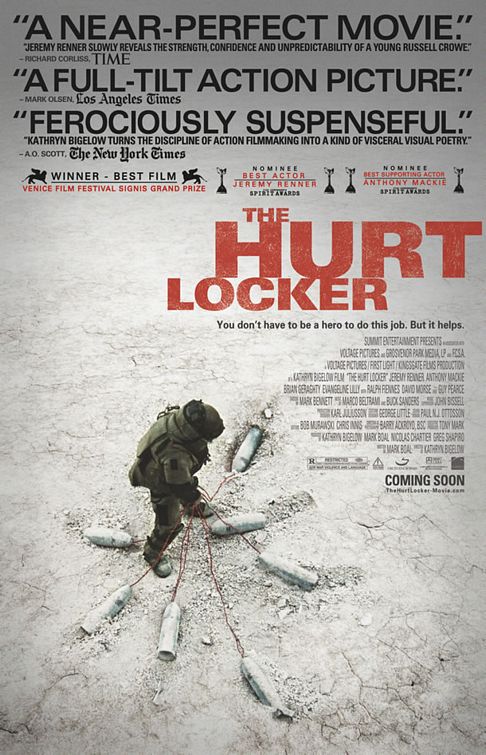
Well, we’re nearing the end of the summer film season, meaning that the slate of new releases that we’ve had for the past few weeks admittedly hasn’t been as strong as it was a few months back. At this point, we’ve already gotten all the summer’s biggest outings from the likes of Marvel and DC, other big franchise hits like the newest Planet of the Apes film, and excellent new films from the likes of Christopher Nolan and Edgar Wright, just to name a few. Thus, it can sometimes be easy to look past the films that come out during the month of August, because aside from films like the first Guardians of the Galaxy, not a lot of big hits tend to come out during this part of the year. However, that doesn’t mean that we haven’t had any new worthwhile releases this month because there have been a few. One of these is The Hitman’s Bodyguard, an action film that is headlined by two of the biggest on-screen personalities in the film industry. First, there’s Ryan Reynolds who, of course, is fresh off his long-awaited success in the superhero film genre with Deadpool. The other main lead in this film is the one and only Samuel L. Jackson, a man whose legendary status in the film industry needs no introduction. As for the film itself, it’s directed by Patrick Hughes, who recently helmed his first big studio picture back in 2014 with the third installment of The Expendables series. And while this was the entry in the franchise that was heavily affected by both a nasty online leak and major backlash towards its watered-down PG-13 rating, it was still a decent commercial hit overseas. But this isn’t a PG-13-rated action film that we have here today, folks; nope, this is an R-rated action extravaganza that uses the fun onscreen personalities of its two leads to great effect.
Michael Bryce (Ryan Reynolds) is a top-level bodyguard for high-level assets. However, when one of his clients ends up getting killed, Bryce finds himself ‘demoted’ to the position of protecting lesser targets. However, that begins to change when he is approached by his ex-girlfriend, Interpol agent Amelia Roussel (Elodie Yung), who asks for his help on her current operation when it begins to go horribly wrong. Said operation involves the transportation of infamous hitman Darius Kincaid (Samuel L. Jackson) to the Netherlands. There, he has agreed to testify at the International Court of Justice against the diabolical dictator of the Republic of Belarus, Vladislav Dukhovich (Gary Oldman), in exchange for the release of his wife Sonia (Salma Hayek) from prison. There’s just one problem, though; Bryce and Kincaid have had quite the tumultuous history together, meaning that these two aren’t exactly keen on working with each other. But, neither of them ultimately have much of a choice in the matter as Bryce is forced to get Kincaid to the Netherlands by a specific deadline, otherwise, Dukhovich goes free. Thus, the two head off on a crazy adventure while being endlessly pursued by Dukhovich’s men who are hell-bent on killing them… that is unless Bryce and Kincaid kill each other first.
Let’s be honest, folks; you’re not expecting anything Oscar-worthy out of this. It’s just a simple action film with a basic plot and some clear-cut plot twists, from a mole within Interpol (played by Joaquim de Almeida, who played the villain in Fast Five) to a reveal that ties Kincaid to the incident that ruined Bryce’s career. But, ultimately, that’s not what makes this film such an entertaining action thriller. The key to it all is its two leads, as Ryan Reynolds and Samuel L. Jackson work off each other incredibly well. Both have terrific comic timing and, thus, provide the film with its greatest moments whenever they’re on-screen together. Everyone else in the film is solid too though, admittedly, their roles are minor compared to Reynolds and Jackson’s. That can especially be said for the main villain Dukhovich, who doesn’t even factor into the plot, really, until the finale. Still, to the film’s credit, it does have quite a lot of fun action sequences. Unlike The Expendables 3, director Patrick Hughes isn’t limited in terms of having to tone them down so that the film can be rated PG-13 (even though Expendables 3 did, kind of, go beyond the limits of a usual PG-13 rated action film, but that’s beside the point). The action sequences in this film are far more violent and don’t suffer as much from the quick editing that was apparent in Expendables 3. And so, in conclusion, The Hitman’s Bodyguard may be far from perfect, but for a film that got released during the tail-end of summer, this is a decent way to close out one’s summer at the theater. Simply put, if you’re just looking for a film where Deadpool and Nick Fury constantly bicker with each other while mowing down bad guys, this is that film.
Rating: 3.5/5










